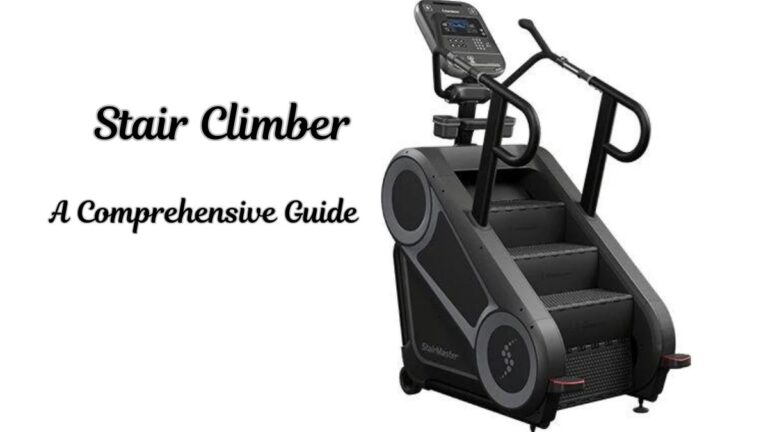A Comprehensive Overview that Causes Bone Loss in Teeth
Bone loss in teeth, or alveolar bone resorption, is a common issue that can cause dental problems if ignored. Bone is vital for keeping our teeth strong and stable. So, it’s important to know what causes bone loss in teeth to prevent and treat it effectively.
In this article, we’ll look at the different factors that lead to bone loss in teeth. Plus, we’ll explore how these factors impact our overall oral health. Let’s dive in and understand how to keep our smiles healthy!
Periodontal (Gum) Disease
Gum disease or periodontal disease causes bone loss in teeth. Here’s how:
What It Is
Gum disease is a bacterial infection that affects the tissues surrounding and supporting our teeth. It starts with plaque build-up on our teeth, which hardens into tartar if not removed.
This leads to irritation and inflammation of the gums, causing them to pull away from the teeth. Eventually, this can create pockets between the gums and teeth where bacteria thrive, leading to more severe gum disease.
Mechanism of Bone Loss
Gum disease can cause bone loss in teeth through a process known as periodontitis. The bacteria present in the pockets around our teeth release toxins that destroy the tissues and fibers that hold our teeth in place. This, in turn, leads to the breakdown of the alveolar bone, resulting in bone loss.
Consequences for Oral Health
If left untreated, gum disease can lead to significant bone loss, affecting the stability and alignment of our teeth. This can result in loose and shifting teeth, difficulty chewing and speaking, and even tooth loss.
Tooth Loss
Tooth loss is another factor that contributes to bone loss in teeth.
What It Is
Tooth loss can occur due to various reasons, such as decay, injury, or periodontal disease. When a tooth is missing, the stimulation to the jawbone from chewing and biting decreases, causing it to deteriorate.
Mechanism of Bone Loss
The jawbone requires regular stimulation from our teeth to maintain its density and strength. When we lose a tooth, this stimulation stops, leading to disuse atrophy – a process where the bone gradually weakens and loses mass due to lack of use. This results in bone loss in the area where the tooth was located.
Consequences for Oral Health
The consequences of missing teeth go beyond aesthetics. Bone loss in the jaw can lead to changes in facial structure, difficulty chewing and speaking, and even further tooth loss.
Osteoporosis
Osteoporosis is a common condition that affects bone density and strength. It can also contribute to bone loss in teeth.
What It Is
Osteoporosis occurs when our body loses too much bone, makes too little, or both. This leads to weakened bones that are more prone to fracture.
Mechanism of Bone Loss
The mechanism of bone loss in teeth due to osteoporosis is similar to disuse atrophy. As the body loses bone mass, the jawbone weakens and deteriorates, resulting in bone loss.
Consequences for Oral Health
Osteoporosis can increase the risk of tooth loss and contribute to bone loss in teeth. Additionally, certain medications used to treat osteoporosis may have side effects that impact our oral health.
Poor Nutrition
Nutrition plays a critical role in maintaining healthy bones, including those in our teeth.
What It Is
A diet lacking essential nutrients like calcium, vitamin D, and phosphorus can weaken bones, making them more susceptible to bone loss.
Mechanism of Bone Loss
When we don’t consume enough calcium and other vital nutrients, our body may pull them from our bones to maintain proper levels in the blood. Over time, this can lead to weakened and thinner bones, including those supporting our teeth.
Consequences for Oral Health
Poor nutrition can contribute to bone loss in teeth and increase the risk of other dental problems, such as tooth decay and gum disease. It’s crucial to maintain a well-balanced diet to keep our bones -and smiles- healthy.
Trauma or Injury
Trauma or injury to the mouth, face, or jaw can also lead to bone loss in teeth.
What It Is
A sudden impact on our mouth or jaw can cause damage to our teeth and surrounding tissues, including the alveolar bone. This damage can be due to accidents, sports injuries, or even aggressive tooth brushing.
Mechanism of Bone Loss
When a significant force is applied to our teeth and jawbone, it can result in fractures and damage that may not be visible externally. Over time, this trauma can lead to bone loss as the body attempts to repair and heal the injured area.
Consequences for Oral Health
In some cases, trauma-related bone loss is irreversible and may require treatment, such as bone grafts or dental implants, to restore the affected area.
Poor Dental Hygiene
Last but not least, poor dental hygiene is a significant contributor to bone loss in teeth.
What It Is
Inadequate or improper brushing and flossing can allow plaque to build up on our teeth, leading to gum disease and tooth decay. This can ultimately result in bone loss.
Mechanism of Bone Loss
Maintaining good oral hygiene is essential to remove plaque and prevent bacteria from accumulating along the gumline. When left untreated, this plaque buildup can cause inflammation and infection of the gums, leading to bone loss over time.
Consequences for Oral Health
Poor dental hygiene not only contributes to bone loss but also puts us at risk for various other dental problems. It’s essential to brush twice a day, floss daily, and visit our dentist regularly for cleanings and check-ups to maintain optimal oral health.
Explore What Causes Bone Loss in Teeth with this Guide
What causes bone loss in teeth are diverse and can have a significant impact on our oral health. By knowing the causes, we can take steps to keep our teeth and bones strong and healthy. It’s important to practice good oral hygiene, eat a balanced diet, and get help for dental problems quickly. By doing these things, we can stop bone loss in our teeth and keep our smiles bright for a long time! So, let’s keep smiling confidently!
Is this article helpful? Keep reading our blog for more.







